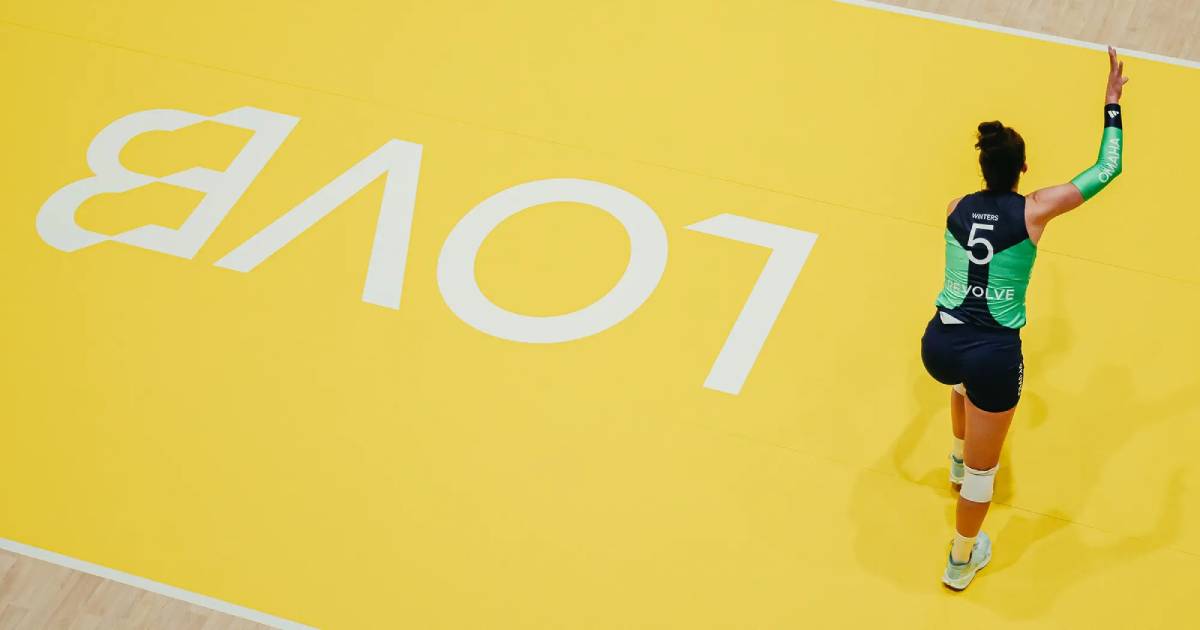Leagues Go Global with Licensing

By Mark Seavy
As the National Basketball Association (NBA) and the National Football League (NFL) continue to expand into international markets, licensing is part of the playbook.
These leagues are deploying brand licensing to gain recognition outside of the confines of stadiums and playing fields and to continue to grow globally, executives said at Licensing International’s recent Sports Licensing Summit in New York.
The NFL, for example, has scheduled games for Madrid, Spain; Dublin, Ireland (where a preseason game was last played in 1997); Sao Paulo, Brazil; Berlin, Germany; and Melbourne, Australia. The NBA, meanwhile, is returning to Abu Dhabi, UAE for a fifth year in 2025 along with an “experience” package that includes meet-and-greets and behind-the-scenes tours. There are also preseason games set for Macao, China and Mexico City, Mexico.
Along with these games come promotions and products that are tailored to the international markets in question. In Mexico, where Tochito flag football was first established with the NFL in 2000, there are now three million players. And in Australia, a six-school program that was created in 2023 has expanded to 400, said Angie Clift, Senior Manager of International Consumer Products at the NFL. The equipment in those markets is supplied by licensee Franklin Sports.
“Flag football gave us a great way to reach the new generation of fans and teach the game, since most fans internationally aren’t growing g up with the NFL and education is really key,” Clift said.
The NBA, on the other hand, has about 200 stores globally and works with local retailers—like Foot Locker—to develop in-store experiences, including watch parties, said Lisa Piken, SVP of Merchandising Partnerships for NBA. The league also has NBA House experiences in international markets for watching events like the NBA Finals, having opened the first one in Canada in 2024. Toronto rapper Aubrey “Drake” Graham also partnered with ESPN to launch an NBA finals varsity jacket under his October’s Very Own (OVO) Canadian lifestyle brand.
“We are putting together region-specific content and licensing to meet the consumers where they live,” Piken said. “We are looking to activate our licensees globally and then partner with the right expert in each country.”
While much of the attention for licensing has traditionally been on major sports in the U.S. and Europe, many new organizations are taking a global approach.
For the Professional Tennis Players’ Association (PTPA), it is a case of convincing a group of singular players to think globally and as a group, said Ahmad Nassar, CEO of Winners Alliance, which represents the players’ union. The PTPA was formed in 2019.
“There is more work to do because sometimes we hear about saturation, particularly around the U.S. big four sports,” said Nasser, whose organization also represents the new professional Grand Slam Track tour that launches in April in Jamacia. “We have to make it a point to think globally.”
In fact, it seems new organizations are trying earlier than ever to find their footing in licensing.
The women’s League One Volleyball, for example, launched its first professional season in January. It signed an apparel license with Adidas last year for both its pro and club teams, the latter having a network of 20,000 10- to 18-year-old girls spread across 27 states. The league also has a licensing agreement with Adidas for on-court footwear and has developed hoodies.
“For fans of women’s sports, their entry is through merchandise because there aren’t enough sports and teams and cities around the country for them to attend a match in person. [So,] they enter fandom by buying the products,” said Stacey Vollman Warwick, Head of Commercial at League One Volleyball.




